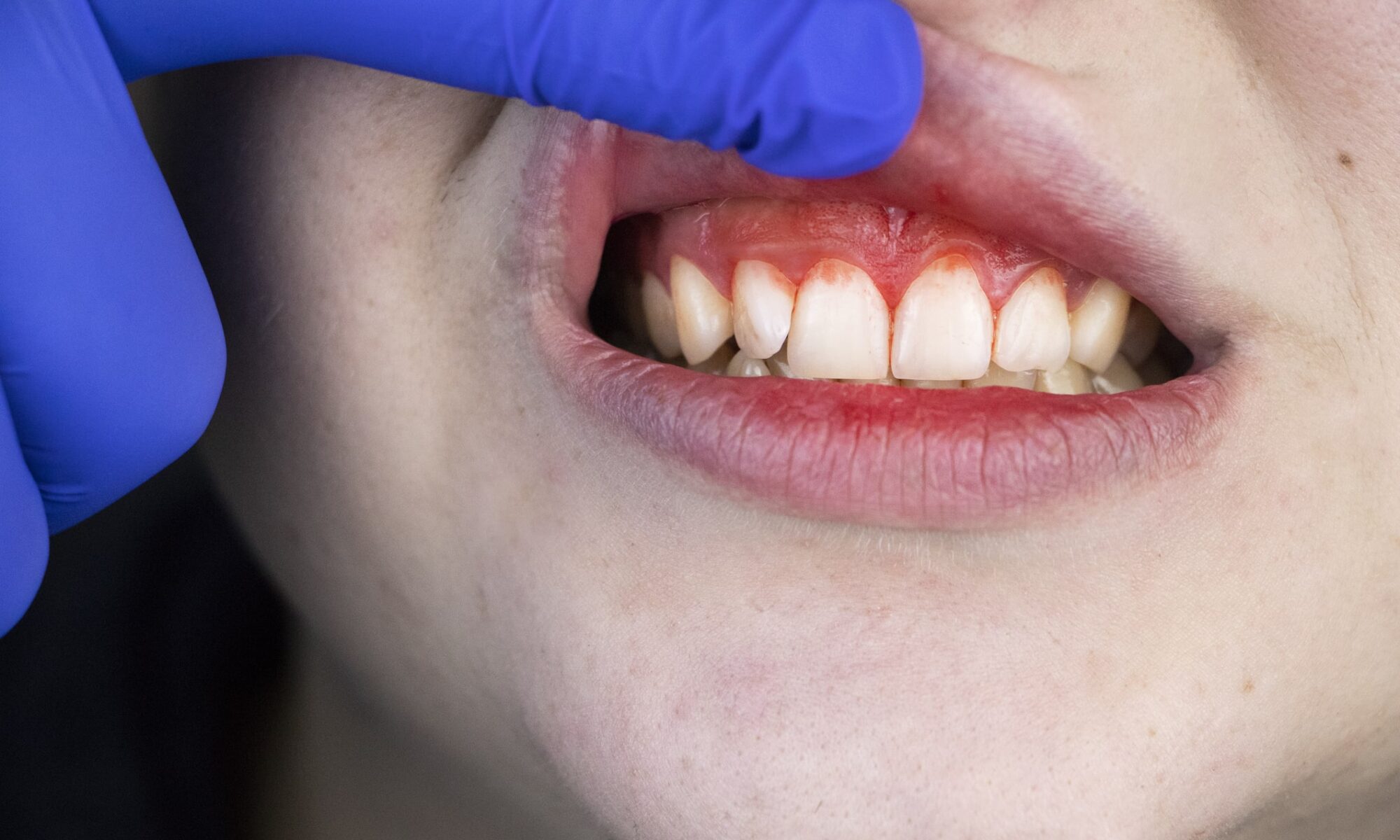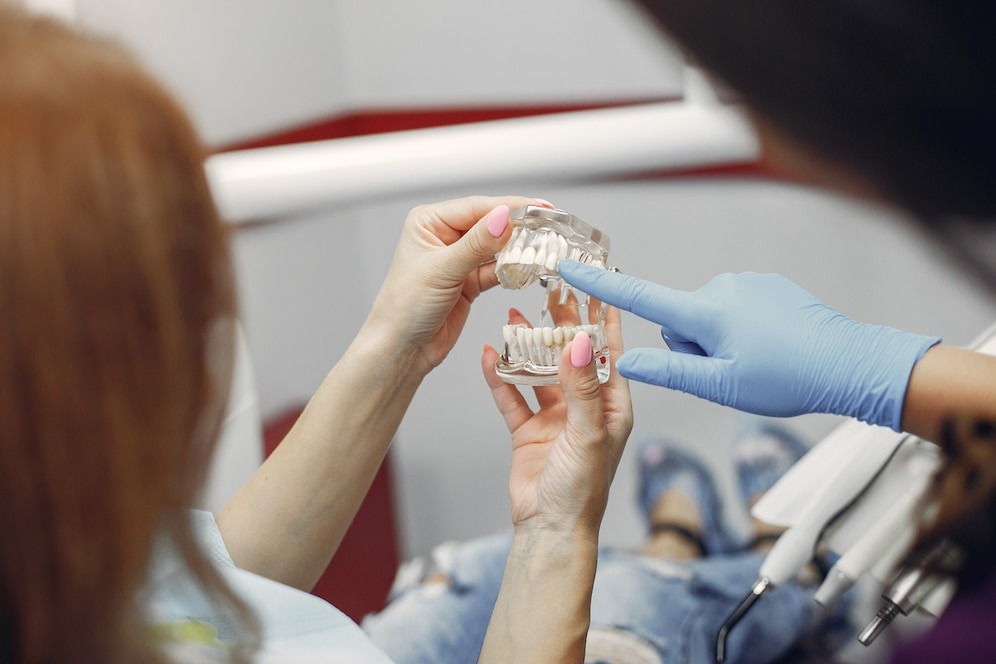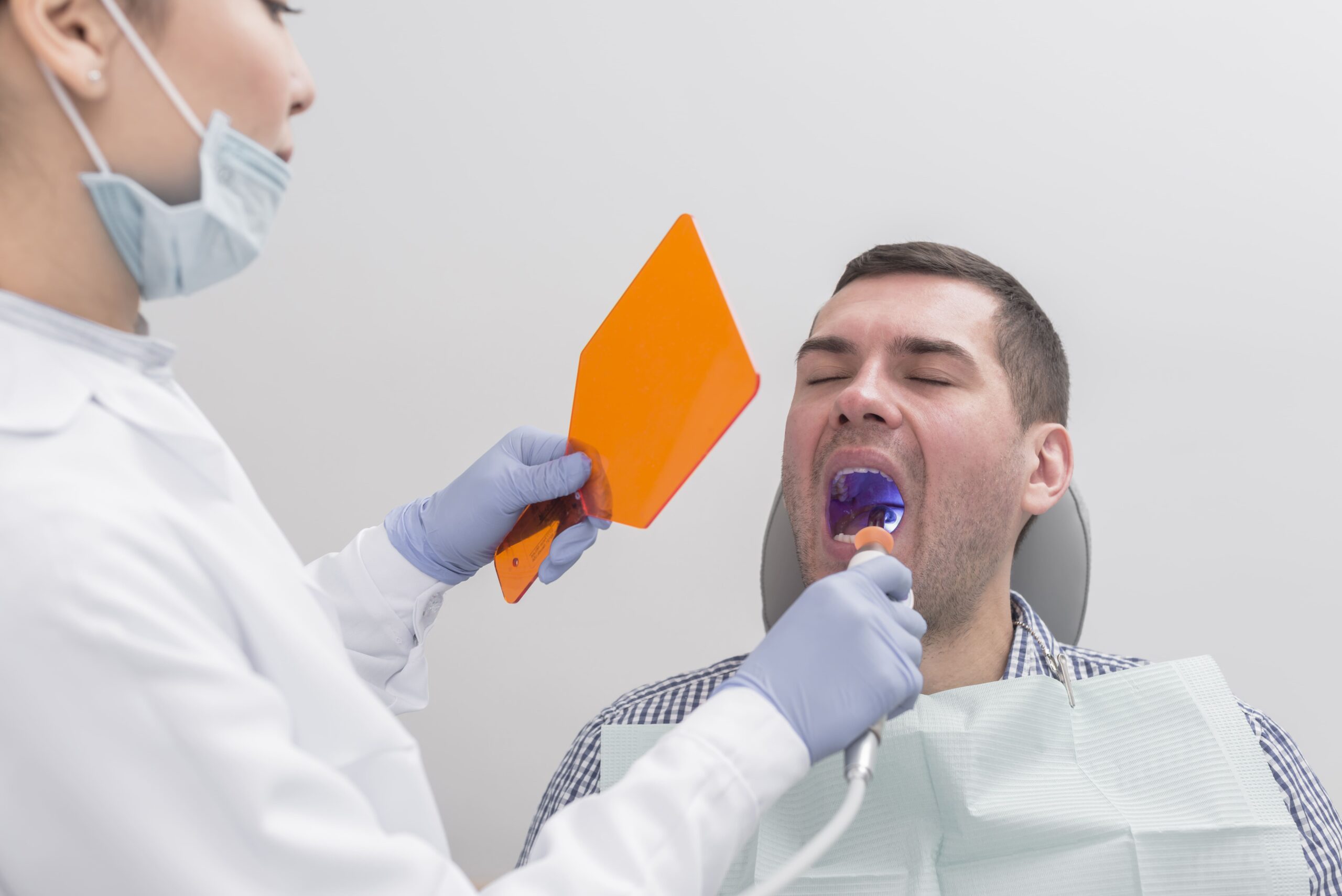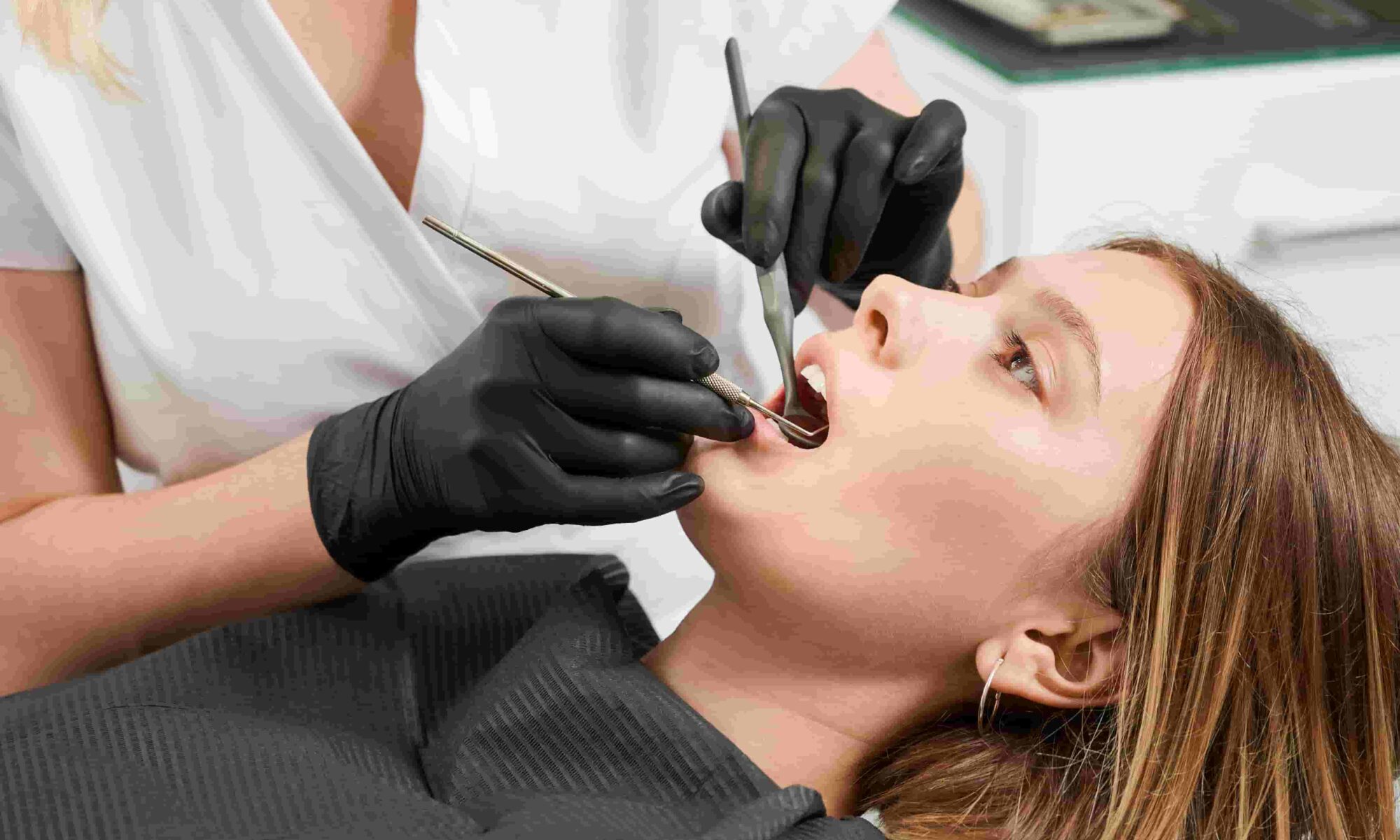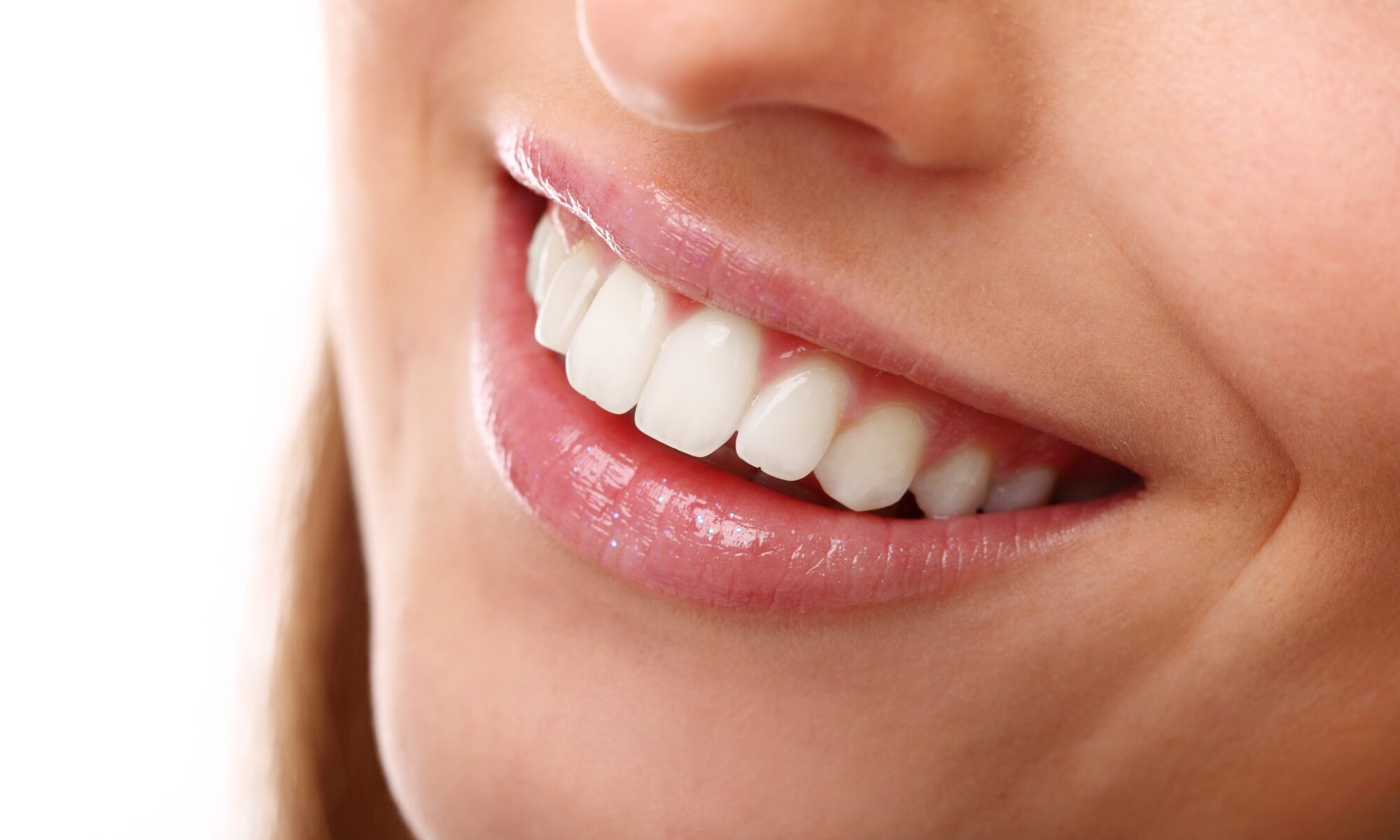Gingivitis Symptoms: Early Warning Signs & How to Prevent Gum Disease
Introduction
Maintaining excellent oral health is a cornerstone of overall wellbeing, yet many Australians overlook the early symptoms of gum disease. In this comprehensive guide, we delve into gingivitis symptoms, explore the early signs of gingivitis, and offer expert prevention strategies to help you avoid more severe dental issues later on. At Bespoke Dental Studio, we are passionate about ensuring our community enjoys a confident, healthy smile. From minor gum irritation to persistent bleeding, recognising how to tell if you have gingivitis can make all the difference. Let’s explore this condition in detail and learn how to keep your gums healthy.
Understanding Gingivitis
Gingivitis is the mildest form of gum disease, primarily triggered by the buildup of plaque a sticky film of bacteria that clings to your teeth. Without proper oral hygiene, this plaque can harden into tartar, irritating your gum tissue and triggering inflammation. The condition is usually painless in its early stages, but the presence of gingivitis symptoms such as red, swollen, or bleeding gums signals that something isn’t right.
Insights drawn from reputable sources such as the Mayo Clinic, Cleveland Clinic, and Healthdirect reveal that gingivitis can progress into periodontitis if left untreated. Periodontitis is a more severe form of gum disease where the infection spreads to the deeper tissues and bone, potentially resulting in tooth loss. These expert sources underline the importance of early detection and routine dental care as vital steps to prevent further complications.
Understanding gingivitis is not only about recognising physical symptoms; it is also about appreciating the cumulative impact of daily habits. In Australia, where dental care is an integral part of the healthcare system, early intervention is essential. Whether you’re experiencing slight gum discomfort or noticing subtle changes in your oral hygiene, acting promptly is key to preserving your dental health.
Recognising the Early Signs
Noticing the early signs of gingivitis is crucial in the fight against gum disease. Many Australians may ask themselves, how to tell if you have gingivitis? The answer lies in being attentive to the subtle changes in your mouth. Common symptoms of gum disease include:
- Red or swollen gums: Healthy gums should be a light pink colour. Any noticeable redness or swelling is an early warning sign.
- Bleeding when brushing or flossing: If you see blood on your toothbrush or notice bleeding between your teeth, it could be due to gingivitis.
- Persistent bad breath: A chronic foul odour might indicate bacterial build-up.
- Gum tenderness or discomfort: Sore or tender gums are often an early sign of inflammation.
Insights from well-known clinics emphasise that even minor symptoms should not be ignored. Practical experience shared by dental professionals highlights that early detection not only prevents the worsening of the condition but also simplifies treatment. By closely monitoring your oral health and maintaining regular dental check-ups, you can effectively manage the progression of the disease. Remember, recognising these early signs of gingivitis is your first line of defense against more severe gum issues.
Prevention Strategies for Gum Disease
Preventing gum disease is entirely within your control, and adopting the right strategies can help you combat gingivitis effectively. Here are several expert-backed tips:
1. Maintain a Rigorous Oral Hygiene Routine
Establish a daily routine that includes brushing twice a day with a fluoride toothpaste and flossing at least once daily. This practice helps remove plaque before it hardens into tartar. Using an antiseptic mouthwash can further reduce bacteria and freshen your breath.
2. Schedule Regular Dental Check-Ups
Routine visits to your dentist allow for early detection of any anomalies in your gum health. Professional cleanings remove tartar buildup and provide an opportunity to receive personalised advice.
3. Adopt a Balanced Diet
A diet rich in vitamins and minerals supports overall oral health. Foods high in vitamin C, for instance, can strengthen your gums, while reducing sugar intake limits the growth of harmful bacteria. This holistic approach not only combats gingivitis symptoms but also promotes general wellbeing.
4. Avoid Tobacco Use
Smoking and other forms of tobacco consumption are known to compromise gum health significantly. Quitting smoking improves circulation and enhances the healing process of inflamed gums, reducing the risk of gum disease.
5. Use Advanced Dental Tools
For individuals with a history of gum problems, using interdental brushes or water flossers can provide an extra layer of cleaning that traditional brushing might miss. These tools help in effectively removing plaque, especially in hard-to-reach areas.
Expert studies consistently underscore that a proactive approach to dental care can reverse the initial stages of gingivitis. By integrating these strategies into your daily routine, you can prevent the progression from gingivitis to more advanced stages of gum disease. Whether you’re wondering how to tell if you have gingivitis or looking for ways to enhance your oral hygiene, these prevention techniques offer a practical roadmap for maintaining a healthy smile.
When to Seek Professional Help
Even with a strict oral care routine, there are times when professional intervention is necessary. If you experience persistent gingivitis symptoms such as continuous gum bleeding, swelling, or discomfort despite following preventive measures, it is time to consult a dental professional.
At Bespoke Dental Studio, our experienced dentists use state-of-the-art diagnostic tools to assess the condition of your gums accurately. A thorough examination can determine the severity of the inflammation and whether it has progressed to periodontitis. Early professional treatment often involves deep cleaning procedures, which help remove tartar and restore gum health.
Moreover, if you are unsure about how to tell if you have gingivitis, a professional assessment can provide clarity and peace of mind.
Conclusion
Gum health is a vital aspect of your overall wellbeing, and recognising the gingivitis symptoms early can prevent a host of dental problems later on. By understanding what gingivitis is, being vigilant about its early signs of gingivitis, and adopting proven prevention strategies, you are taking an active step toward a healthier, brighter smile.
At Bespoke Dental Studio, we believe that a well-informed patient is an empowered one. Whether you are experiencing slight discomfort or are unsure about your symptoms, our expert team is here to guide you every step of the way. Don’t wait until minor issues evolve into major dental problems take action today by scheduling a consultation. Embrace a proactive approach to your dental health and enjoy the confidence that comes with a radiant, healthy smile.
Your journey to optimal gum health starts with understanding and prevention. Continue exploring our blog for more tips and advice on maintaining excellent oral hygiene. Together, we can ensure that your smile remains a testament to good health and enduring confidence.
By incorporating trusted insights, practical tips, and expert recommendations, this guide aims to empower you with the knowledge to tackle gum disease head-on. Stay informed, stay proactive, and secure your smile for a lifetime of wellness.
Sources :
Mayo Clinic – https://www.mayoclinic.org/diseases-conditions/gingivitis/symptoms-causes/syc-20354453
Cleveland Clinic – https://my.clevelandclinic.org/health/diseases/10950-gingivitis-and-periodontal-disease-gum-disease
Health Direct – https://www.healthdirect.gov.au/gingivitis


